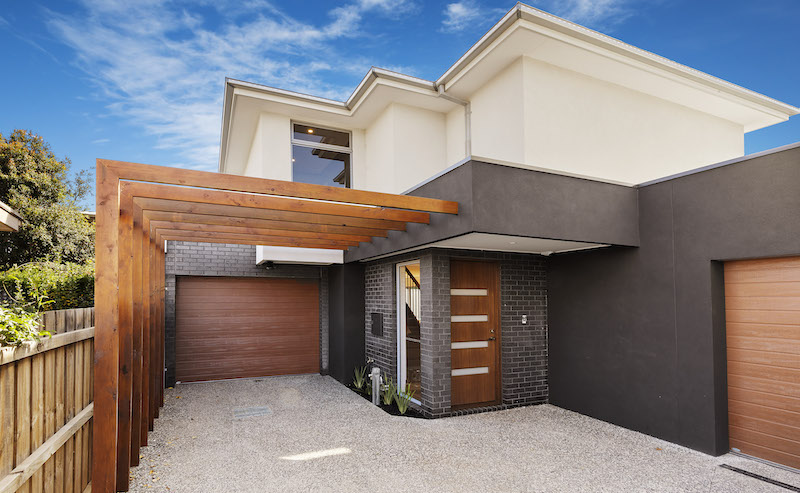
Sustainable Property Development Melbourne
As with almost every industry in recent years and heading into 2020, property development is taking large strides towards sustainability.
The focus of development in Melbourne, Australia wide, and across the world is turning towards how to effectively meet the needs of our current population, without compromising the ability of future generations to meet their own needs.
As populations expand and multi-unit property development demand rises, the need for sustainable practises in design and construction becomes more apparent.
The general practises that improve sustainability include:
- Energy use and carbon emission monitoring
- Construction waste management
- Recycled and locally sourced resources
- Water efficiency
- Stakeholder engagement
Property development in Melbourne is subject to council guidelines and requirements. In particular Moreland Council are on the forefront of Sustainable Policy, having founded the Australian Energy Foundation (AEF), a not-for-profit organisation established to take action on climate change.
Moreland’s Sustainable Buildings Policy is founded on the objective of demonstrating corporate responsibility and leadership to the community. The policy includes specific methods for reducing and ensuring efficient use of resources, reducing waste, and decreasing operational costs. As well as improving comfort, health and wellbeing, and ensuring long term reusability of building materials.
The Moreland Council website offers a significant amount of resources around Sustainable Design Practises, including a cheat sheet and more comprehensive matrix.
Click here to view their website.
At delcon design and construct, our Melbourne property development team have been incorporating sustainable design principles into our homes for over ten years.
Our design team incorporate solar passivity and home layout with focus on the following:
- Northern side glazing to maximise solar energy usage in both Winter and Summer
- Space conditioning to improve energy efficiency
- Strategic home layout for solar heat transference and retention
We also consider the effect of the development itself on the surrounding environment. Property development often involves the demotion of a smaller house on a larger block, and building multiple dwellings on that piece of land.
This changes the amount of site coverage by buildings, called the ‘building footprint’. An increased building footprint decreases the area available for landscaping. This decreases the amount of stormwater absorbed on site, and increases site impact.
Additionally, higher density housing increases the ratio of hard and reflective surfaces. Whilst natural surfaces absorb heat, these surfaces reflect heat. When this occurs en masse as it does in a town or city, it increases the temperature of the surrounding area. You’ll notice that the weather temperature in inland towns with higher density are often a few degrees hotter than more regional areas.
With sustainability and the environmental impact of property development at the spearhead of research and innovation in the industry, delcon are continuing to evolve in both design and construction practises.
Quality multi-unit developments are at the centre of what we do. More and more, quality is synonymous not only with being built with a high level skill and excellent materials, but also considers and incorporates the needs of the next generation, and those after them.
With each new Melbourne multi-unit development, our design team are working to implement and expand on sustainable buildings policies in each area of the build. Building footprint, internal home layout, solar passivity, material choices as well as usage of resources during construction are all stringently considered prior to commencement.
As innovation in materials and technology continues to evolve, delcon will continue to stay abreast of the changes, implement best practices and be a voice in helping to spread the word on sustainable property development that will benefit the community for generations to come.

